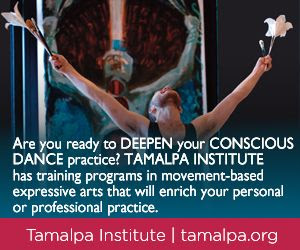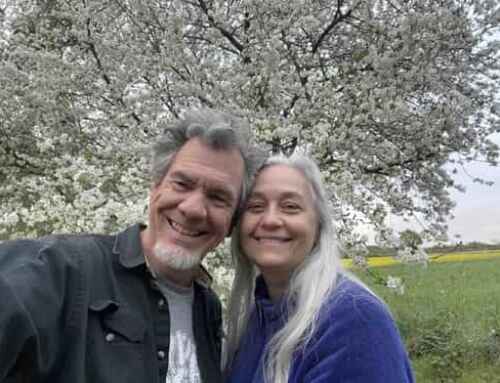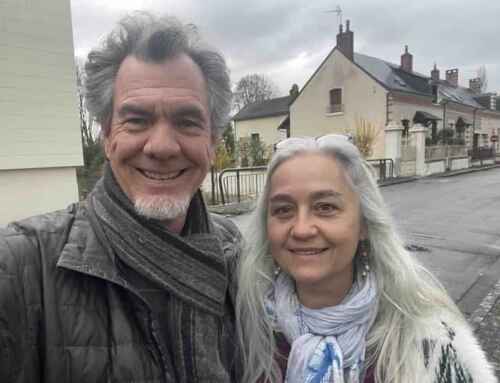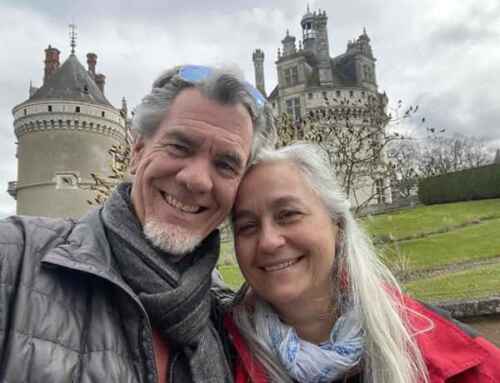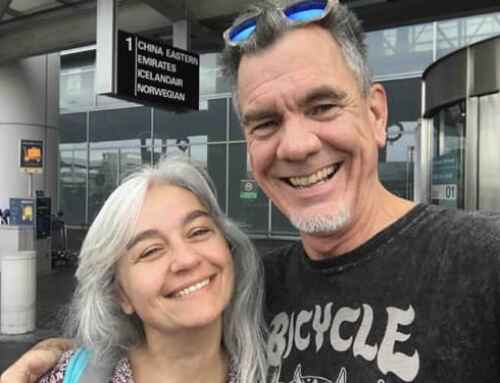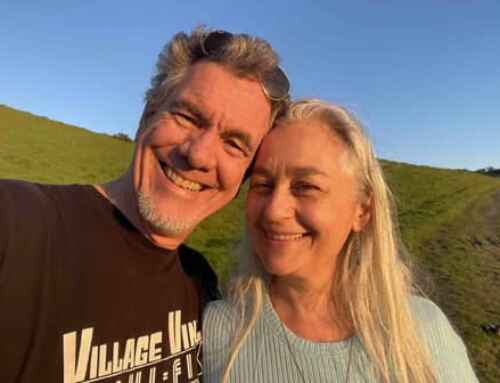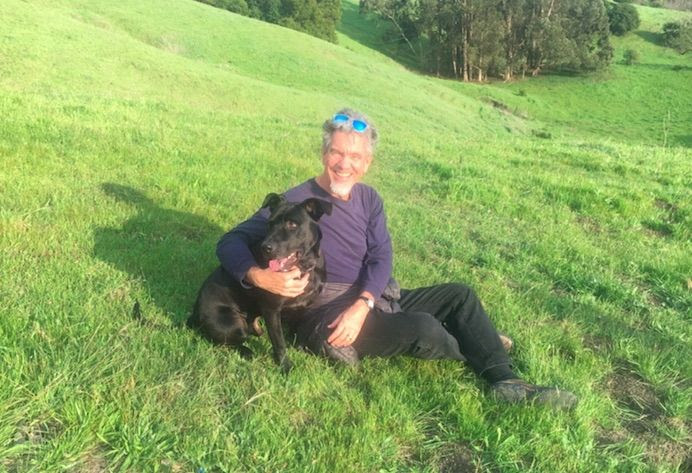
“The constitution does not provide for first and second class citizens.“
~ Wendell Lewis Willkie
Which workings of your world do you take for granted? How important are the institutions that underpin society to you? What can you do in your dance of citizenship to strengthen the ones that matter most?
There’s nothing like a little pandemic to bring into sharp relief the gears of society. When all of your routines are turned upside down and your very survival is called into question your priorities come sharply into focus.
Since at least the 1960s we’ve had it pretty good here in the USA and other Western Liberal Democracies around the world. I would go so far as to say since WW-II, but the Civil Rights Movement and the Korean and Vietnam wars were nothing to sneeze at.
Sure we’ve had some troubled times, the Recession in ’08 and ongoing conflicts in the Middle East and elsewhere certainly come to mind, but even with those geopolitical dramas, day-to-day life here in the West has plodded along fairly predictably.
It’s easy to become a bit complacent when most of the things we need for our society to function just work. The shelves in the supermarkets are well-stocked, (even the toilet paper aisle!), you can check books out of your local library for free with just a card in your wallet, and most miraculously of all, you can post a First Class letter to your distant relatives with just a stamp that costs less than a dollar! (more on that later)
There’s an unspoken fallacy that shapes many of our bedrock assumptions about how our great dance of citizenship works. Since things like greater personal freedom, more equitable social justice, and a healthy environment are all no-brainers to most forward-thinking Western minds, the march towards them must be inevitable. Until it’s not. A pandemic lays these presuppositions bare.
A quick word about citizenship is in order. Having been an avid member of society for as long as I can remember and an occasional participant in politics, (as in: I vote), since I was old enough to exercise my franchise in the early 80s, I’ve paid attention to the language used by the powers-that-be in regard to “We, the People.”
So it was with some alarm that I noticed a semantic shift on the part of the US Government during the Reagan years. For whatever reasons unbeknownst to me ‘We, the People’ ceased being ‘citizens’ with our ‘inalienable rights’ and such and have since been referred to simply ‘consumers’ more akin to cows on a feedlot. A subtle but telling change that few have remarked on.
Citizenship implies activity, banding together for positive change and standing up for the often messy work of Democracy. Consumption is inherently passive, our worth being gauged by the number of products we process. Moral values and higher ideals don’t lend themselves to data on a spreadsheet the way disposable manufactured items do.
During pleasant times there are folks who find it easy to make glib demands that the government should just get out of the way or shrink out of existence altogether. When times are tough, however, it becomes crystal clear that these boring bureaucratic institutions are essential to a well-functioning democracy.
Case in point – The Post Office . Founded by Benjamin Franklin, enshrined in our constitution, and older than our nation itself, this institution quietly performs its egalitarian role of providing a communications platform for all Americans. It interfaces seamlessly with the postal services of all other nations. And it provides an essential role in our democracy, in my part of California and many other parts of the USA, vote-by-mail is easy, secure, and trustworthy.
With an open-ended pandemic at hand, it seems unthinkable that this long-taken-for-granted institution could be in peril, but here we are, these are no ordinary times. Should the USPS be privatized, that letter with a .50 cent stamp will cost upwards of $10.00 just to get across town. Folks living at the end of back roads deep in the country would be entirely out of luck.
So what are we good-hearted and well-meaning citizens to do? First of all, do not despair! This country of ‘We, the People’ was founded on optimism and the idealistic notion of the great American experiment. And just how do we put that in action? In the words of author Teri Kanefield, we become ’institutionalists’.
Teri has written books on many great American figures such as Alexander Hamilton, Susan B. Anthony, Abraham Lincoln, Franklin D. Roosevelt, and Thurgood Marshall to name a few. Her blog and responsive Twitter threads are beacons of hope in these bewildering times.
So, what is an ‘institutionalist’? “A person who likes (and defends) institutions. ” She quotes Steven Levitsky who likens our moment to an earthquake. “The way to respond to an earthquake isn’t to put more pressure on the weakened structures. Instead, you rush to strengthen and prop up the structures so that there will be less rebuilding later. You become an institutionalist.”
For my readers here in the USA, I’m going to go out on a limb and make an assumption that you’d like to see certain American institutions not only survive this pandemic and political moment but even emerge stronger. There are two simple things you can do from the comfort and safety of your shelter-in-place to help the Post Office prevail.
First, you can simply text USPS to 50409. ResistBot will help you contact your Members of Congress so they will count you among the vast majority of constituents who insist on saving the Postal Service. If casinos and cruise lines are worthy of taxpayer support, then it stands to reason our letter carriers deserve the same.
Next, you can just purchase some postage online! They’ve currently got John Lennon stamps for sale so you can do your part to ‘Imagine’ a better future for our world by ordering a sheet or two today!
Lastly, hang in there and don’t give up! “We, the People” have pulled together and prevailed many times in our history. Remember, the most important institution in a healthy democracy is truth. In this time of less ‘consumption’, it’s a great opportunity to reflect on what being an engaged ‘citizen’ means.
We’re all dancers on the great floor of society, so put your best foot forward and lead with your ideals. We can do this, it’s up to us.
Stay safe, be well, and take care of you and yours.
Much love till next week!
M+
Mark Metz
Director of the Dance First Association
Publisher of Conscious Dancer Magazine
Roundtable with Jennifer Joy Jimenez |
|
Join Mark Metz and Jennifer Joy Jimenez for a virtual roundtable this Wednesday, April 15th at 9am PST. She’s an expert at designing transformational programs and a huge inspiration for success! We’ll be talking about best practices for online offerings, how to grow your audience and monetize your talent, and ideas for adapting to the virtual world.
|


